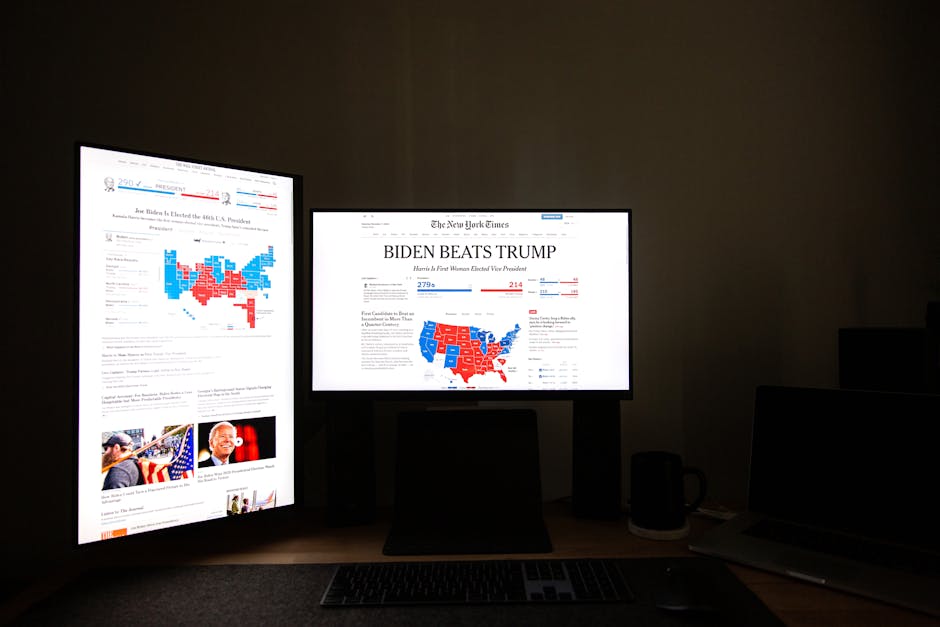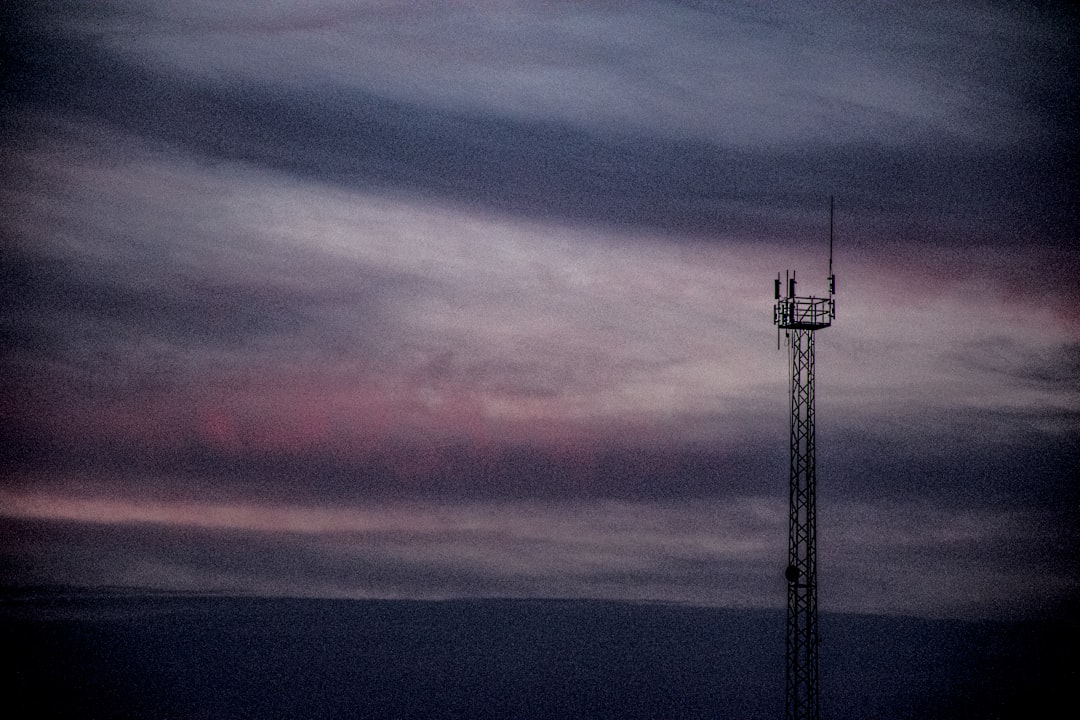Trump Administration Deploys Election Monitors to California, New Jersey
The Trump administration’s decision to send federal election monitors to California and New Jersey ahead of the 2020 election has stirred controversy. While the Department of Justice (DOJ) claims it’s a routine measure to protect voting rights, critics argue it’s an unusual and politically charged move.
What Do Election Monitors Do?
Federal election monitors observe polling places to ensure compliance with voting rights laws, particularly in areas with past discrimination. Under the Voting Rights Act of 1965, monitors are typically sent to Southern states with histories of voter suppression—not Democratic strongholds like California and New Jersey.
Why These States?
The DOJ says monitors will “protect voters’ rights” and prevent fraud. However, California and New Jersey have expanded voting access through policies like universal mail-in ballots. Critics see the deployment as politically motivated, given President Trump’s repeated—and largely debunked—claims of mail-in voting fraud.
Is This Unusual?
Yes. Historically, election monitors have been sent to states like Mississippi, Alabama, and Georgia—not blue states with strong voter protections. Legal experts say while the DOJ has the authority, the optics suggest partisanship.
Political Backlash
Democrats and voting rights advocates accuse the administration of voter intimidation. California Secretary of State Alex Padilla called it a “political ploy,” while New Jersey AG Gurbir Grewal vowed to resist suppression efforts. Republicans argue the move is necessary to ensure election integrity, despite minimal evidence of widespread fraud.
Could This Affect Voter Turnout?
Civil rights groups warn federal monitors might discourage voting, especially in minority communities. The ACLU has raised concerns about intimidation tactics. The timing—weeks before Election Day—also fuels suspicion that the effort aims to undermine trust in the results.
What Happens Next?
With early voting underway, legal battles may arise if monitors overstep. State officials promise to block any interference. The bigger question: Is this a one-time move or a new strategy for federal election oversight?
Stay updated as this story develops.




